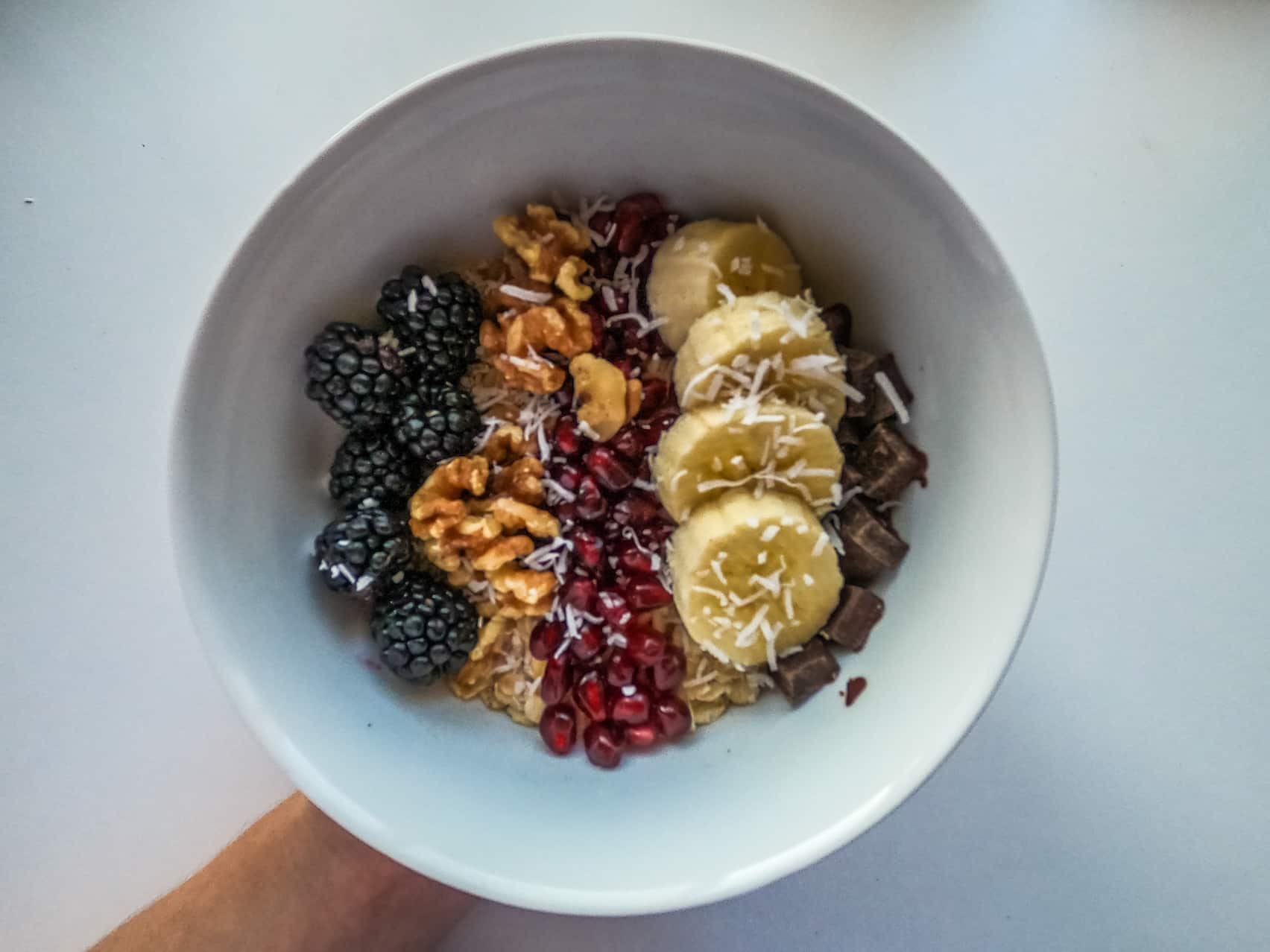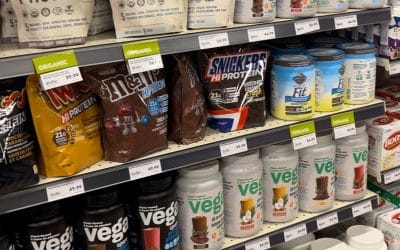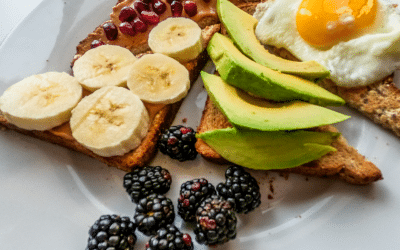Ever stop to think about how the language we use around food and weight might be affecting ourselves and those around us?
Our language is deeply imbedded in our culture and everyday lives.

- You are trying on a new pair of jeans with your friend in the change room and say: “Ugh, I feel fat today.”
- You are out for breakfast with your team and your coach says to you: “You really shouldn’t be eating all of that.”
- You go home to visit your parents after four months, the first thing your mom says: “Hunny, you look fantastic! I’m so proud of you for losing some weight.”
- You finish enjoying dessert at a family gathering and say: “I can’t believe I just ate all that junk.”
It is too often that we say something to ourselves or to someone else, with harmless intentions, however, it may be interpreted differently than how we intended. I admit to doing it myself!
Think back to a time you heard or said:
- “You’re not leaving the table until you finish what’s on your plate.”
- Think about saying instead: “Try some of the broccoli, it helps your body grow and keep your immune system strong.” “Yes, you may be excused if you are full.”
- Requiring children to finish what’s on their plate teaches them to no longer listen to their internal body cues (hunger and fullness). Children in fact are born very intuitive eaters, and will stop eating when they are full. As we get older, many of us have to re-learn how to be intuitive eaters after years of ignoring our bodies and being distracted (eg. watching tv, or on social media) while we eat. As a general recommendation, it is the parents’ responsibility to choose what foods to offer to their children and when, and the child gets to decide how much they want to eat.
- “That’s a lot of food on your plate. You’re really going to eat all that?”
- Think about saying instead: “How’s training going?”
- Active individuals especially, have big appetites because their bodies NEED more energy to fuel high energy demands. Innocent comments like this can feel and be interpreted as judgemental, uncomfortable, and exposing. It can be emotionally harmful to comment about what is on someone else’s plate.
- “Wow, you look great! Have you lost weight?”
- Think about saying instead: “It is great to see you! How are you doing?”
- Although this comment is meant very harmlessly, it can make the person question- did I not look good before? It also reinforces the association between self-worth and weight or appearance. This can lead to a sense of need to lose more weight or struggle to maintain that weight in order to be accepted.
- “Cake is so bad for you.”
- Think about saying instead: “Cake is great to have once in a while.”
- Can we please stop putting labels on food? Nowadays cake is “bad, junk, garbage or a cheat-day food.” What ever happened to just calling a cake, cake? Society and diet culture love to categorize foods as either good or bad. When you associate foods as “good” or “bad”, there is usually a tremendous amount of negativity that follows eating a “bad” food- feelings of guilt, shame, blame and embarrassment. The problem is when we start to associate food with an intrinsic value, we can start to develop unhealthy eating habits and negatively affect our relationship with food and our bodies. Having birthday cake is a part of a normal balanced diet and healthy mindset. You are not good for eating broccoli and bad for eating cake.
- “I was so bad today- I ate 4 cookies and a big bowl of ice cream.”
- Think about saying instead: “I feel very full and bloated after eating those cookies and ice cream, but I thoroughly enjoyed them!”
- Negative self-talk not only affects your mood, but can be very detrimental to your self-esteem and body image. The first step in changing negative self-talk is realizing that is happening, and then challenging those thoughts. Would you ever say those things to your friend? Where is the proof in what you’re saying?
- Internal dialogue: “I already messed up my diet by having candies after lunch today. I guess I’m stopping for a burger and fries and a milkshake on the way home.”
- Think about saying instead: “It’s okay that I had candies after lunch today. I’m looking forward to having a balanced meal for dinner tonight.”
- This is your classic “fall off the wagon”, “All or Nothing Principle”. One little “slip up” and forget it! This is very common in highly restrictive and rigid diets where individuals leave no flexibility to deviate from the plan. Think of it this way- if you are late to work one morning, will you think “That’s it- I guess I’m going to be late every day this week.”? No- that’s ridiculous. You just start where you left off and arrive on time to work the next morning. You can forgive yourself, and get back on track at the next opportunity. One crucial message here is the importance of staying flexible with your goals. You need to allow yourself permission to deviate from a plan and forgive when you are unhappy with a choice you made. These are key to reaching your long-term goals and for building a positive relationship with food.
A few reminders before you go:
- What you eat does not determine your worth.
- Your weight does not determine your worth.
- What you eat does not deem yourself a success or failure.
- Remember to think twice about the language you are using and how it might be interpreted both by yourself and others.
Written by: Heather Noble, RD




